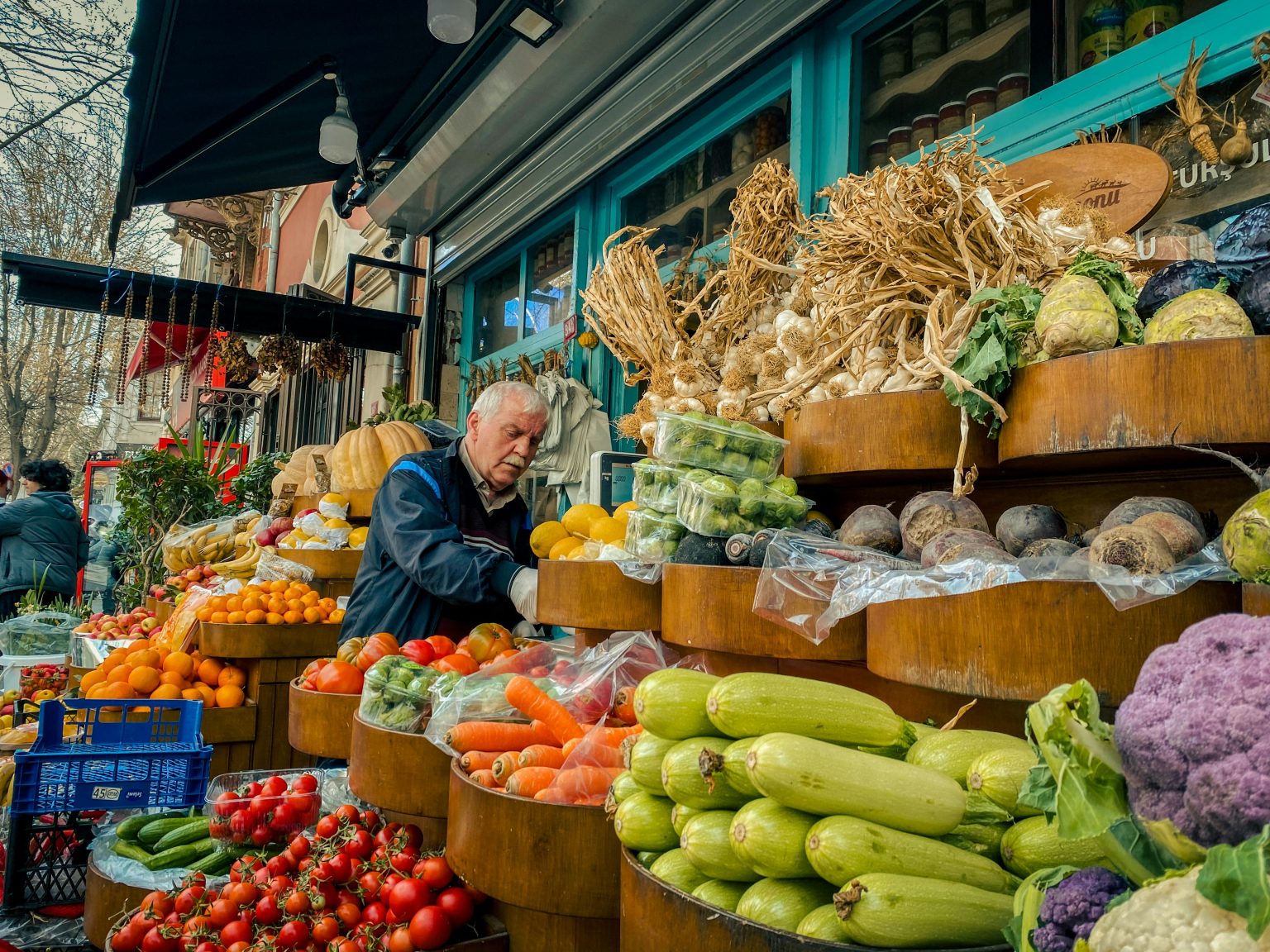- Extreme weather events have increased 48% to 16,956 in the past two years
- European food production at risk as climate change leads to increase in severe weather events
The number of extreme weather events in Europe (including the UK) has increased by 48% to 16,956 in 2023/24 (year-end February 6)*, up from 11,442 in 2021/22, adding to the volatility of food prices says supply chain experts INVERTO, part of Boston Consulting Group.
The jump in extreme weather reports confirms the trend of increasing extreme weather events in Europe, with the number of large hailstorms alone increasing 72% in the past two years, from 4,277 in 2021/22, to 7,343 in 2023/24.
Extreme weather events can impact the production of food crops both in Europe and globally, leading to a shortage of products on shelves for consumers – and costly price spikes. For example, one hailstorm last year caused €40m of damage to crops in the Valencia region of Spain.
Extreme weather is severely impacting European food production
European food output that has been impacted by recent extreme weather events include:
- Olive oil: dry summers in the Mediterranean in 2022 and 2023 damaged crop yields and pushed prices to their highest on record. Prices exceeded €7 per kg in 2023, up from €4 per kg in September 2022, due to soaring temperatures in the Mediterranean***. This – combined with a severe lack of rainfall – is placing significant strain on olive oil production.
- Rice: Italy, which cultivates 50% of the rice produced in the EU, experienced a climate-induced shortfall in 2023, following years of successive droughts and a flood last year, which strained the country’s agricultural areas.
- Potatoes: heavy rain in Northern Europe in autumn 2023 severely damaged potato fields in Belgium, France, and the UK, creating shortages and pushing up prices. Prices for Maris Piper potatoes soared 158% in the year to December 2023, reaching £465 per metric ton****.
- Tomatoes: Persistent heatwaves in 2023 have resulted in lower yields in key producing regions such as Spain, Italy, and Greece. In 2023, the value of tomatoes jumped to $136 per metric tonne, up 40% on the previous year’s record of $97. This is 60% higher than the overall average price for the previous three years (2020-2022)*****.
- Maize: The European Commission reports that production of maize – an essential cereal crop – fell 27% from 73 million tonnes in 2021 to 53 million tonnes in 2022. In 2023/24, maize production is projected to be 13% below the previous five-year average******.
- Cocoa: cocoa is now more expensive than copper as dry weather conditions hit the world’s largest cocoa producers in West Africa, including Ghana and Ivory Coast. Higher prices and lower availability are reducing output for chocolate manufacturers – a trend that could worsen if the earth continues to warm up.
What businesses must do to mitigate the growing risks posed by extreme weather
Katharina Erfort, Principal at INVERTO, says: “As extreme weather events increase in frequency and intensity, there will be more disruption to food supply chains. It is therefore essential that businesses learn lessons from recent events and install robust measures to prepare for future disruptions.”
“Businesses should invest in strong risk identification and management tools to identify where food supplies are originating from and how they might be impacted by future extreme weather events.”
“Buyers should also look to diversify their supply base across different regions, especially those with less correlated weather.”
INVERTO says that inertia among businesses on this issue could result in continued future volatility in food supplies and price increases for consumers.
Adds Katharina Erfort: “As global weather patterns become less predictable, growers need to explore how they can mitigate the impact of weather events on their crops.”
“For example, if growers know due to good forecasting that there is a hailstorm, can they harvest in advance? Or are there materials/methods they can deploy to protect their crops? In such an event, growers can install hail resistant nets, or deploy poly tunnels in advance to protect their crops from the worst effects of extreme weather.”
